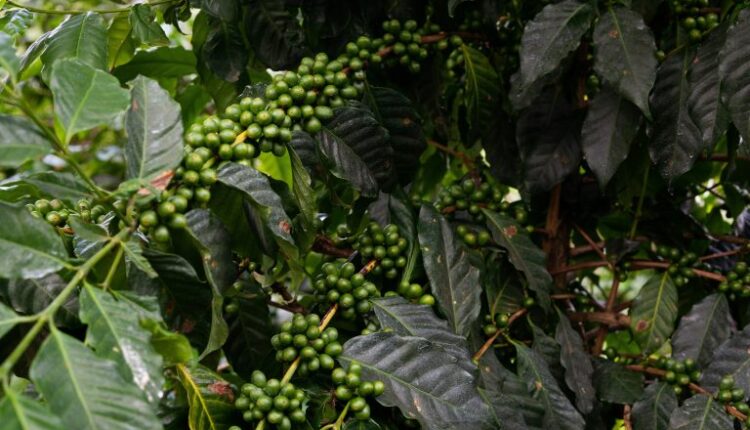Former Abu Sayyaf Militants Turn To Coffee Farming In The Philippines – CoffeeTalk
Muamar Julani, a 24-year-old former member of the Abu Sayyaf militant group in Jolo, an island in the southern Philippines, is planting coffee in a small field near his home surrounded by coconut trees. He and other ex-militants are hoping for a life with new purpose and to earn a living through honest means. In their notorious heyday, Abu Sayyaf struck fear across Jolo and other islands in the Sulu chain, along with acts of banditry, kidnapping foreigners for ransom, and, in some cases, execution them.
Julani, who surrendered as an Abu Sayyaf fighter in 2021, spoke in soft tones as he recalled the seven clashes he had participated in against the Philippine military during his three years as a foot soldier with the militant group. His outlaw lifestyle took its toll, and in 2021, heightened security measures imposed by soldiers in his home village disrupted the daily lives of his parents and other relatives. Julani decided to leave the Abu Sayyaf after finding food to buy and was deeply affected by the military’s strictness.
With help from the Philippine government, Julani and other ex-Abu Sayyaf militants have renounced their past lives and are pursuing new livelihoods as coffee farmers. Since giving up his old life in Abu Sayyaf, Julani has harvested his coffee beans three times over the past three years, selling his produce at the local market.
Ramina Jaduli, 45, a staffer at the Sulu Coffee Marketing Cooperative in the town of Indanan, said they sourced their coffee beans at 180 pesos (U.S. $3.10) per kilo from farmers who were former Abu Sayyaf guerrillas. Their coffee has reached as far away as Arab countries and the United States, as locals from Jolo with relatives abroad often send the coffee products as gifts.
Muedzul-Lail Tan Kiram, an heir of the Sulu sultanate, buys his coffee beans from former Abu Sayyaf fighters as part of his business. He recently partnered with a café owner in the United States, who ships his beans to Texas. Kiram expects the partner to come to Jolo in the first quarter of next year to formalize their partnership.
The Abu Sayyaf militant group, founded in the 1990s, is the smallest and most violent of militant groups in the southern Philippines. Last year, the Armed Forces of the Philippines and local officials declared Jolo to be free of Abu Sayyaf militants after all their leaders were wiped out in military operations. Army Brig. Gen. Christopher Tampus, chief of the 1103rd Brigade, said the situation was different when he was deployed to the island in 2019. Soldiers deployed on the island have to undergo cultural and religious sensitivity training to understand the local people and their culture.
In the past, the lack of trust, coupled with hostility or even the perception of harm, led to a reciprocal response from them. This mutual distrust was one of the reasons the security problem remained unresolved for so many years. Tampus emphasized the importance of building strong relationships with the people and their local officials. When showing respect, they will trust you in return.
Despite the central government’s declaration that the province is free from Abu Sayyaf, tourists and locals from other parts of the country are wary about visiting Jolo, the main island in Sulu province. In Manila, the U.S. embassy still has a travel advisory warning its citizens from going to the Sulu Archipelago and the Sulu Sea where threats of terrorism remain high.
Abdusakur Tan II, Sulu’s vice-governor, acknowledged that while some negative impressions about the province persist, they are now few and far between. He assured that the province is 100% safe and that peace leads to development.
Read More @ Benar News
Source: Coffee Talk



